People tend to feel sleepy right after eating and want nothing more than to take a nap. But, as it turns out, this is exactly what you should avoid doing. Sleeping or even just lying down right after you’ve eaten can have some really uncomfortable consequences. You might even recognize some of the symptoms but never realized it was your post-meal napping that caused them.
At Bhaskar Health, we’ve learned what napping after lunch or dinner actually does to your body and are gladly passing on this knowledge to you. In the bonus feature, you’ll also learn the perfect amount of time to wait before hitting the hay.
1. You might get heartburn.
Normally, the acid produced when digesting your food is contained in the stomach. Gravity is of great help here, as it forces the fluid stream downward. When lying down, the acid moves through the stomach and might come into contact with the sensitive parts of the digestive system. This can lead to heartburn, a painful burning feeling in your chest or throat.
2. The quality of sleep gets affected.
If you ate a large meal immediately before napping, the full digestion process continues while you’re asleep. The reason for bad sleep can be different for everyone. It could be that your mind is more active during the metabolism stage, causing you to sleep less deeply. Another reason could be that you lay awake due to symptoms of heartburn. It also depends on what type of food you had and how much of it you ate.
3. Vivid dreams or nightmares become more common.
And then there are those bad dreams. And, as was mentioned just before, your metabolism being triggered causes your brain to become more active. You enter a so-called rapid eye movement (REM) sleep, which is the time where most dreaming takes place. So if you notice that you’re having really vivid or maybe even creepy dreams, then try to lay off eating so close to nap time.
4. You’ll wake up with the urge to pee more often.
Some people experience an increased need to urinate at night, which is known as nocturia. This can be related to the amount of caffeine in the food you eat. This means your food could be a diuretic, or in other words, it makes you have to pee more. It can, of course, be found in coffee. But what not many people know is that it’s also present in tea, any baked desserts containing chocolate, and some medications.
5. You might even gain weight.
When you hit your bed right after eating you don’t give the body enough time to burn off calories from your meal. So even though you might feel very sleepy after a big meal and crashing on the couch for a small nap is all you want to do, it’s better to try and stay awake if you don’t want any unwanted (and unnecessary) pounds to secretly creep in.
Bonus: How long you should wait to sleep after eating
To prevent any problems like heartburn or sleepless nights from occurring, you want all of the contents of your stomach to have moved into the small intestine before you take a nap or go to bed for the night. Nutritionists say that this happens in about 3 hours. It’s just a guideline, but definitely one to keep in mind.
Have you ever experienced these effects of post-meal napping? What do you usually do after eating? Do you like to rest or do you prefer to engage in physical activity?

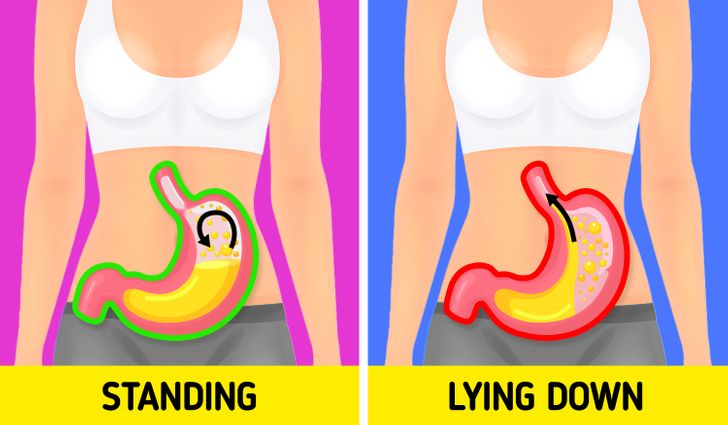
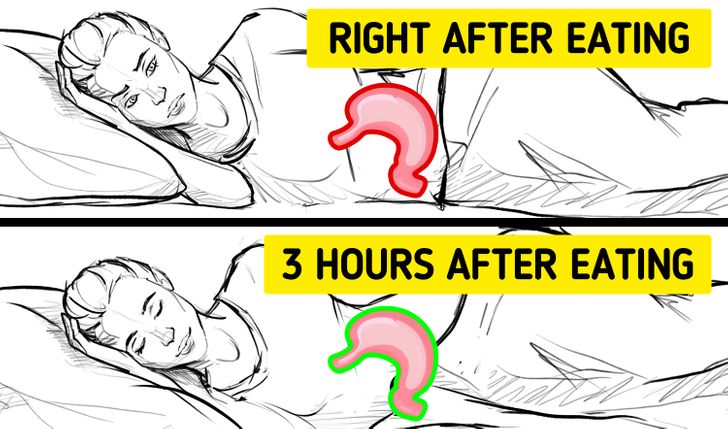
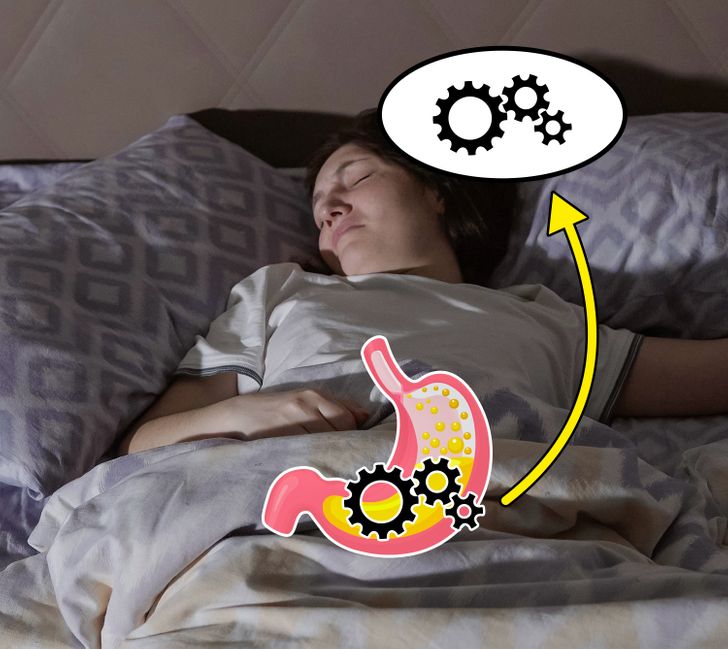
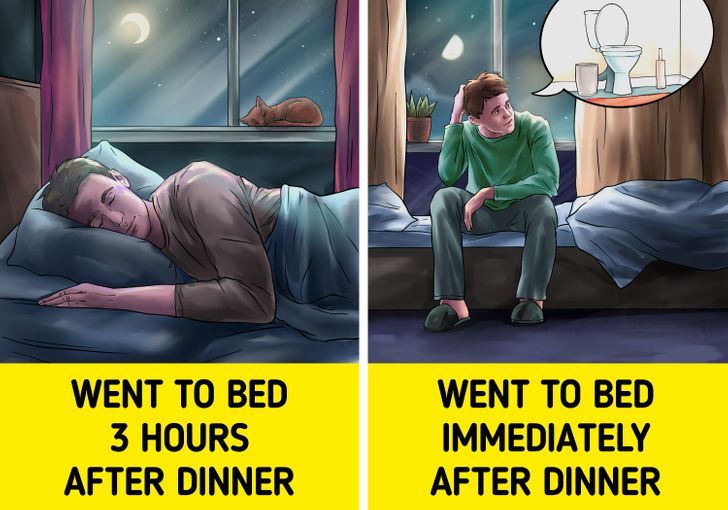
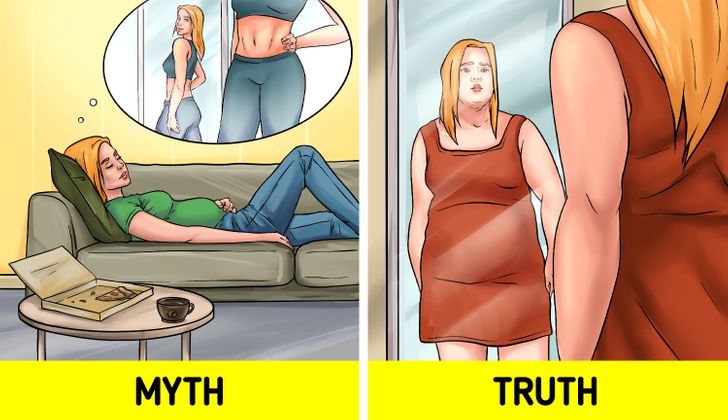
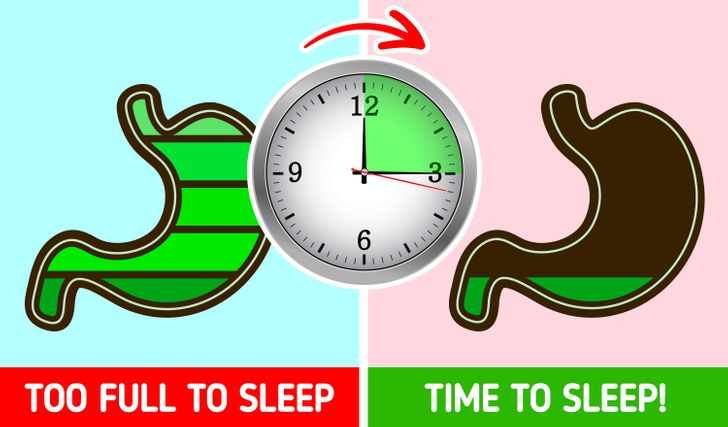
0Comments